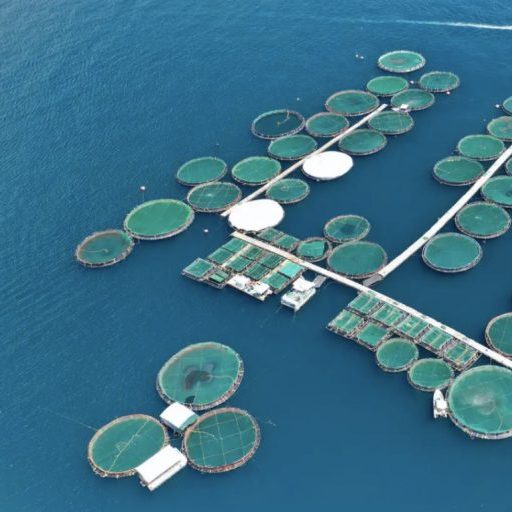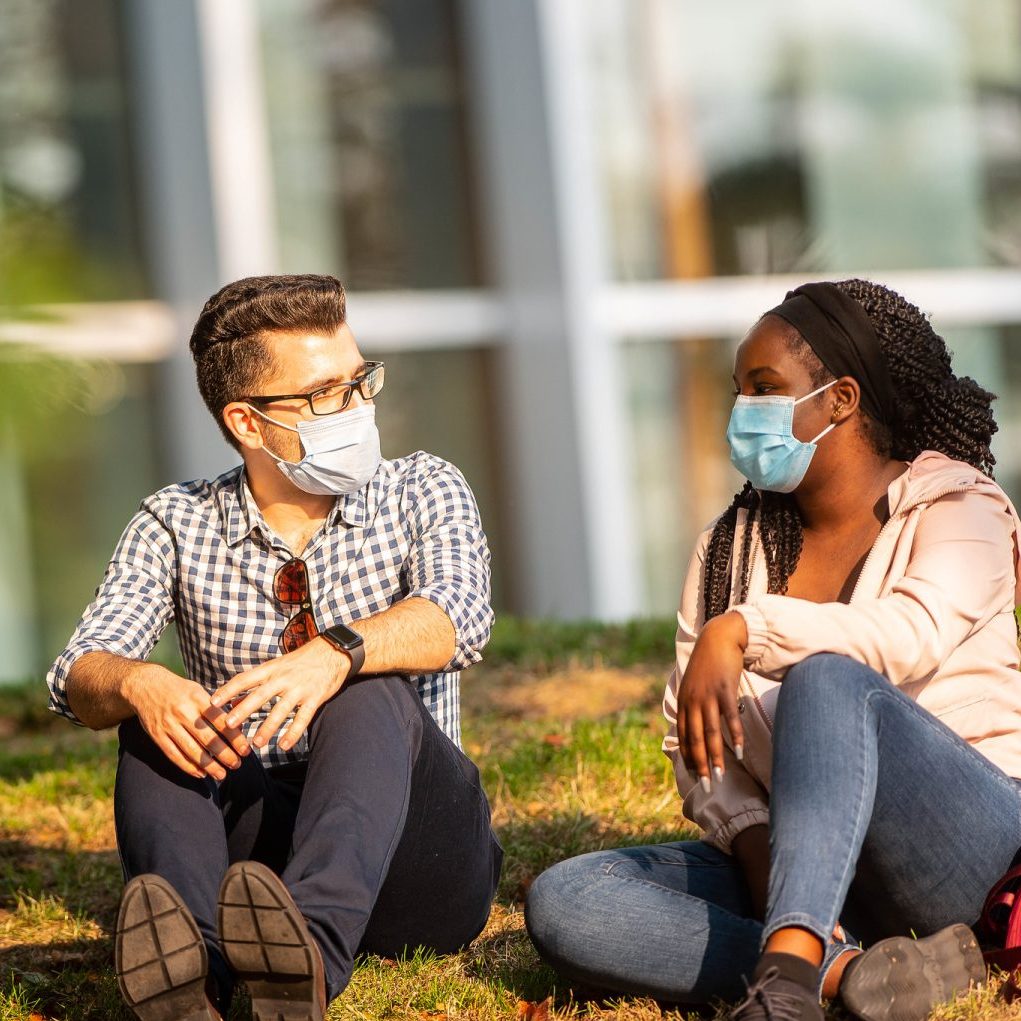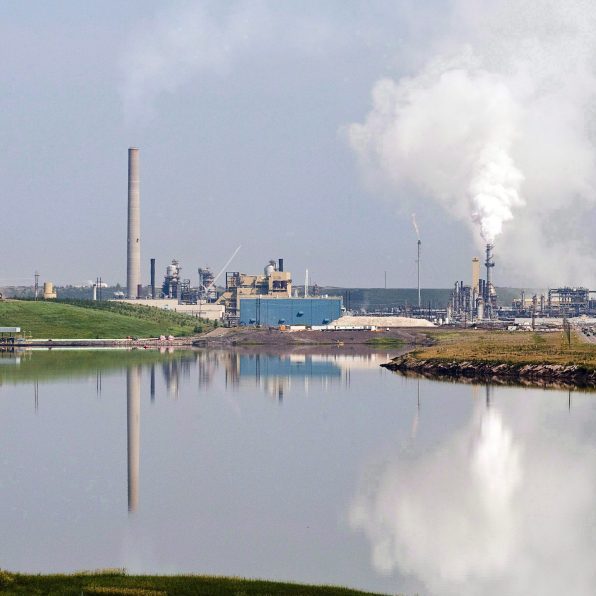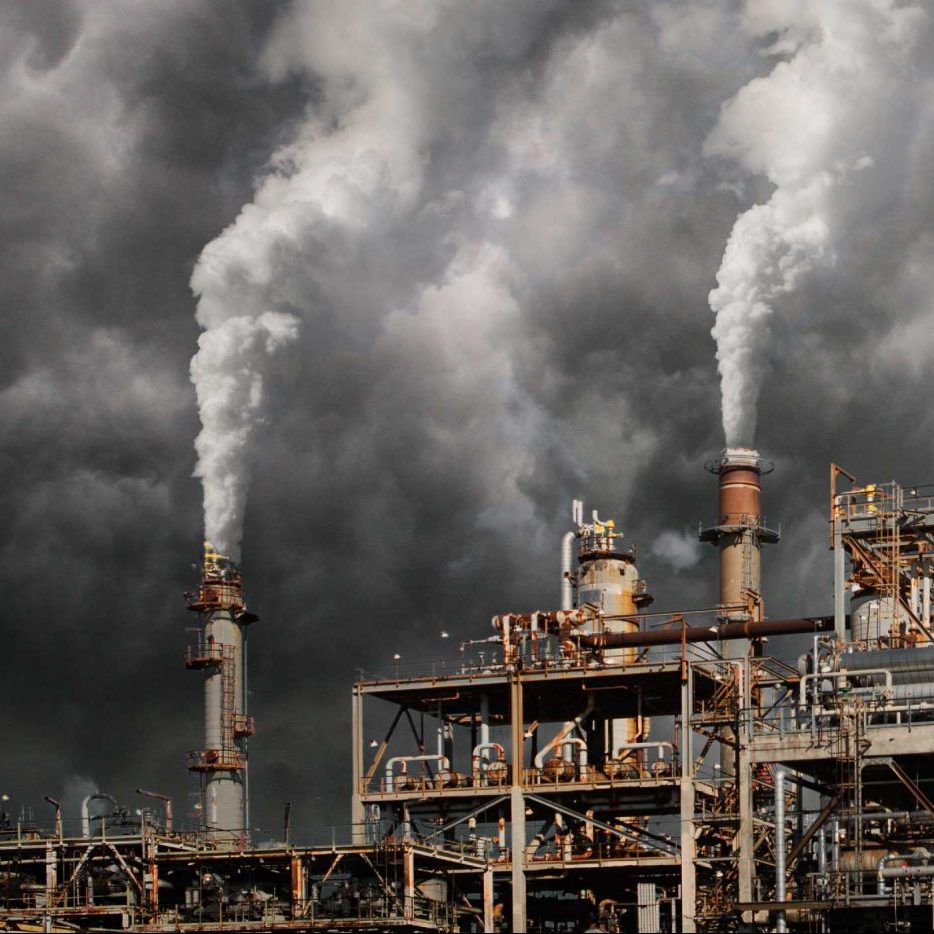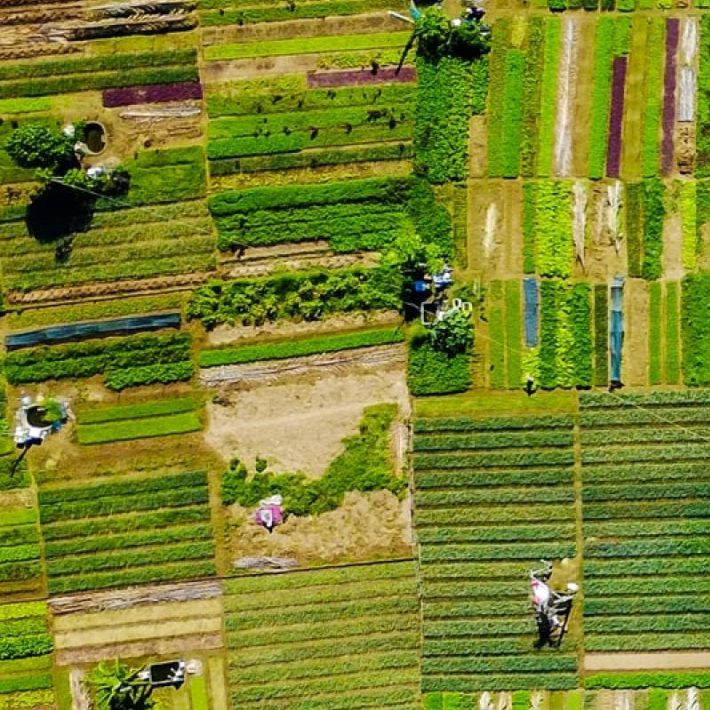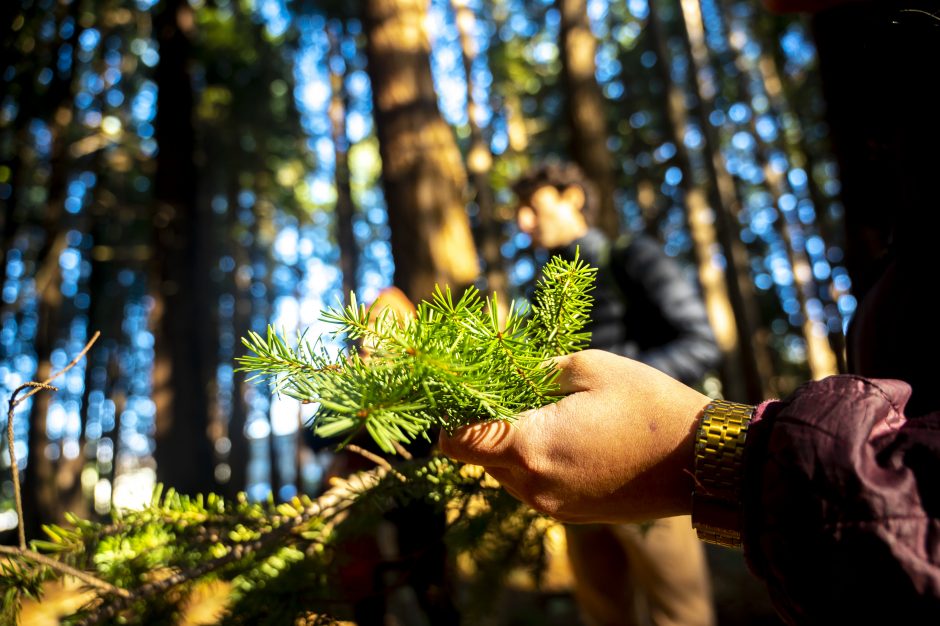
UBC understands that the actions we take today will affect human and environmental wellbeing for generations to come.
The stories below provide a window into the broad range of climate emergency-related activities underway by UBC academic units, operational departments, community initiatives, and student groups. UBC invites you to explore what’s happening, and join us in this vital work.
Featured Stories
Climate Emergency Fund Recipients Share Back

Sustainability Ambassadors Program
Join us in this interview with Jack Suchodolski and Kshamta Hunter to learn more about the Sustainability Ambassador’s Program, how the Climate Emergency Fund (CEF) has helped the program grow, and hear advice from Jack on getting involved in sustainability leadership.

Climate Justice UBC
Join us in this Q and A with Michelle Xie and Yasmina Seifeddine from CJUBC, as they discuss CJUBC’s demands for UBC to follow up on their fossil fuel divestment commitments, how the Climate Emergency Fund (CEF) has supported CJUBC’s work and values, and the deeper message behind the recent release of the CJUBC CEF Grant Report.
All Stories
Human rights could address the health and environmental costs of food production
Oct 01, 2021
A human rights-based approach to food production will have environmental, social and economic benefits.</p.
Feeding eight billion people healthy, sustainable food by 2030 is a monumental challenge. Yet transforming food systems that inflict tens of trillions of dollars in health and environmental damages is essential for realizing human rights.
This article by David R Boyd, UN Special Rapporteur on human rights & environment and Associate Professor of Law, Policy and Sustainability, University of British Columbia, explores issues related to industrial food production as a major driver of the planetary environmental emergency.
$1.5M Climate Emergency Fund supports seven student projects
Sep 15, 2021
New funding for student climate emergency action demonstrates the power of student advocacy and UBC’s institutional leadership on climate justice.
Advocacy by members of the student-led UBC Climate Hub, working closely with elected AMS and GSS student leaders, led to support by the administration for the creation of a $1.5 million Climate Emergency Fund (CEF) made up of incremental funding from tuition fees.
A unique Advisory Committee co-chaired by a student and a staff person and composed of equal numbers of students and faculty/staff evaluated the submissions before recommending distribution of the Fund to the final decision-makers: Andrew Szeri, VP Academic, and Ainsley Carry, VP Students.
Apply to attend COP26 in Glasgow
Aug 19, 2021
Join UBC's delegation at COP26 to engage with the international climate negotiation process, share UBC's leading research and climate actions, and build new partnerships with people from around the globe.
The UBC Sustainability Initiative is pleased to announce details of a competition for COP26 passes open to all current UBC students, faculty, post-docs, and staff. UBC has received four badges for each week of the event (October 31-November 6, and November 7-12). Applications are open now and will close on September 10, at 12pm (noon) PST.
UBC Professors support Last Warning campaign to protect Amazon forest and Indigenous rights in Brazil
Jul 29, 2021
A campaign to raise awareness and fight for Indigenous rights is being launched by the "Teia das 5 Curas" Indigenous network, including Brazilian educator and UBC Professor Vanessa Andreotti, Canada Research Chair in Race, Inequalities and Global Change, and Cash Ahenakew, a First Nations' (Cree) scholar, Associate Professor, and Canada Research Chair in Indigenous Peoples' Wellbeing, as well as Dr. Sharon Stein assistant professor in the area of Higher Education and students and artists involved in the Gesturing Towards Decolonial Futures Arts/Research Collective.
On 25 August 2021, the supreme court of Brazil is due to give its decision on ‘marco temporal’. If this decision goes in the government’s favour, it will strip the rights of Indigenous communities over all lands on which they cannot prove they were physically present in 1988. The wave of industrial exploitation that would follow is likely to push the Amazon as an ecosystem across the tipping point into collapse.
How engineered bacteria could clean up oil sands pollution and mining waste
Jul 16, 2021
The environment is indeed in grave health and urgent action is desperately needed. But there is genuine optimism that solutions to some of the largest environmental challenges may finally be at hand.
Take, for example, the decades-long problem of oilsands tailings ponds in Canada, the third-largest reserve of crude oil in the world. The recovery of this oil consumes nearly threefold its volume in water and leaves behind a slurry of water, solids and organic contaminants as waste. Oilsands operations are into their seventh decade, and more than a trillion litres of wastewater now resides in tailings ponds.
But a rapidly growing collective of engineers, scientists, activists and entrepreneurs are delivering some of the biggest gains in environmental remediation in recent decades by blurring the lines between physical, biological and digital sciences.
Hold that flight: medical student’s residency interviews equal 1/3 of a Canadian’s annual carbon budget
Jul 13, 2021
Like thousands of other medical students in Canada, Kevin Liang had no idea he would be asked to take more than 10 flights during his last year for in-person residency interviews. “After learning this, I knew I had to quantify the climate impact from thousands of students travelling for CaRMS (the Canadian Resident Matching Service).”
The results were sobering, but also offer a clear path for action.
The total carbon footprint of flights for the 2020 CaRMS was 4,239 tCO2e (tonnes of carbon dioxide equivalent), an average of 1.44 tCO2e per applicant.
The average amount of CO2 emitted by a Canadian medical student flying for CaRMS interviews represents 35.1% of the annual Canadian household emissions per capita.
UBC announced as one of the eight higher education institutions to be awarded funding from Acceleration Fund
Jun 29, 2021
Second Nature - a Boston-based NGO focused on accelerating climate action in, and through, higher education - has announced UBC as one of the eight higher education institutions have been awarded grant funding through the Acceleration Fund for innovative climate projects.
As part of the University of British Columbia’s Climate Emergency response, the university is developing a cross-sector Community Council forum where they will work with external partners to further justice-based climate action, equitable development and resilient communities. The funding will be used to hire a UBC student to help plan the Community Council and engagement processes.
Climate activists Naomi Klein and Avi Lewis join UBC
Jun 23, 2021
World-renowned climate activists and journalists Naomi Klein and Avi Lewis are joining the faculty at the University of British Columbia’s department of geography.
Klein is a New York Times best-selling author known across the globe for her work in climate justice and critiques of globalized capitalism. She has written eight critically-acclaimed books, published in more than 30 languages, including The Shock Doctrine, On Fire, No is Not Enough and This Changes Everything. She will join UBC as the inaugural Faculty of Arts Chair in Climate Justice in September.
Canadian documentary filmmaker, Lewis, will join the university in July as a part-time faculty member, and will teach courses focusing on social and political change, communication and documentary filmmaking.
New global air pollution and health impact study the most comprehensive ever
Jun 15, 2021
An international research team led by the University of British Columbia’s Dr. Michael Brauer and Washington University in St. Louis’ Dr. Randall Martin has published the most detailed analysis ever conducted on global air pollution sources and their health impacts.
They have estimated the contribution of major sources of air pollution for 204 countries and territories, making the data publicly available on an interactive website.
This large dataset is the first to estimate global contributions from more than 20 individual pollution sources—from sectors such as agriculture, transportation, energy generation, waste, and residential energy use. It is also the first to study the global impacts of specific fuels like solid biomass, coal, oil and natural gas.
New tool supports student access to climate change courses
Jun 10, 2021
The UBC Sustainability Initiative has launched a curated selection of climate change-related courses available to UBC undergraduate and graduate students at the Vancouver campus.
The tool curates and promotes courses with climate change-related content to students from diverse faculties. Students can browse courses by restrictions (including no- to low-restriction), categories (including climate justice and social science, climate science, and climate change mitigation and adaptation), or by year of study.
